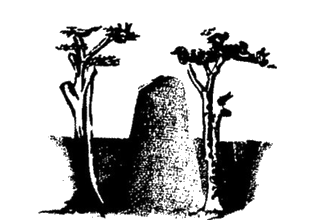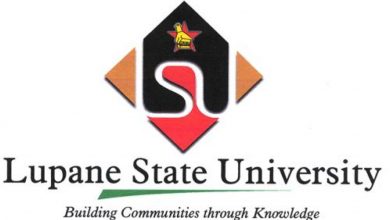‘Super ZAPU was a South African creation’

Extensive researcher on Gukurahundi atrocities orchestrated by the state in the early 1980s in Matabeleland and the Midlands, Professor Jocelyn Alexander of the Oxford University, has said Super ZAPU was a creation of the South African Apartheid regime meant to portray the party in bad light.
Super ZAPU was believed to be a group of South African backed ‘dissidents’, which operated in Matabeleland from late 1982 until mid-1984 and consisted of probably not more than 100 members who were deployed in Zimbabwe.
Delivering an online public lecture titled: “The Dissident Perspective” last Friday, Alexander said the title was part of the state’s destabilisation programme.
She was responding to a question from ex-Zimbabwe People’s Revolutionary Army (ZPRA) fighter, Vincent Hillary Ndlovu’s question on why the group was referred to as Super ZAPU instead of Super ZPRA since its members were believed to be ex-ZPRA combatants.
“The title Super ZAPU, I think, is a South African construct,” said Prof Alexander.
“It’s an attempt to cast ZAPU in a bad light. This is part of the destabilisation programme, quite a lot has been written about it using access to South African archives, how the South Africans sought to construct this force. It was in the model of Renamo.”
The lecture was part of the Centre for Innovation and Technology (CITE)’s annual Asakhe Film Festival, aimed at contributing towards the national healing and reconciliation process in Zimbabwe.
The week-long fiesta was marked by a number of activities including the launch of a Gukurahundi documentary titled: “One Night in 1983” ended Saturday.
Alexander said the Super ZAPU strategy shows how Apartheid South Africa was involved in the destabilisation work during that period.
“As you know there were South African double agents in the CIO who fed information into ZANU about ZPRA‘s armed caches,” said Alexander.
“They tried to make ZPRA more threatening to ZANU and there was an attack at Inkomo Barracks, there was an attack at Thorn Hill Air Base, there was an attempt to assassinate Mugabe. South Africa was doing all kinds of things and Super ZAPU was one of its attempts to destabilise Zimbabwe.”
She added: “I think the fact that it is called Super ZAPU just reflects a South African notion of what might be politically upsetting. That was the intention behind that.”






